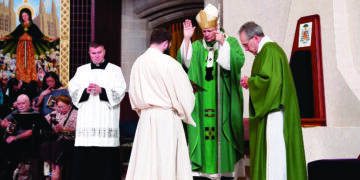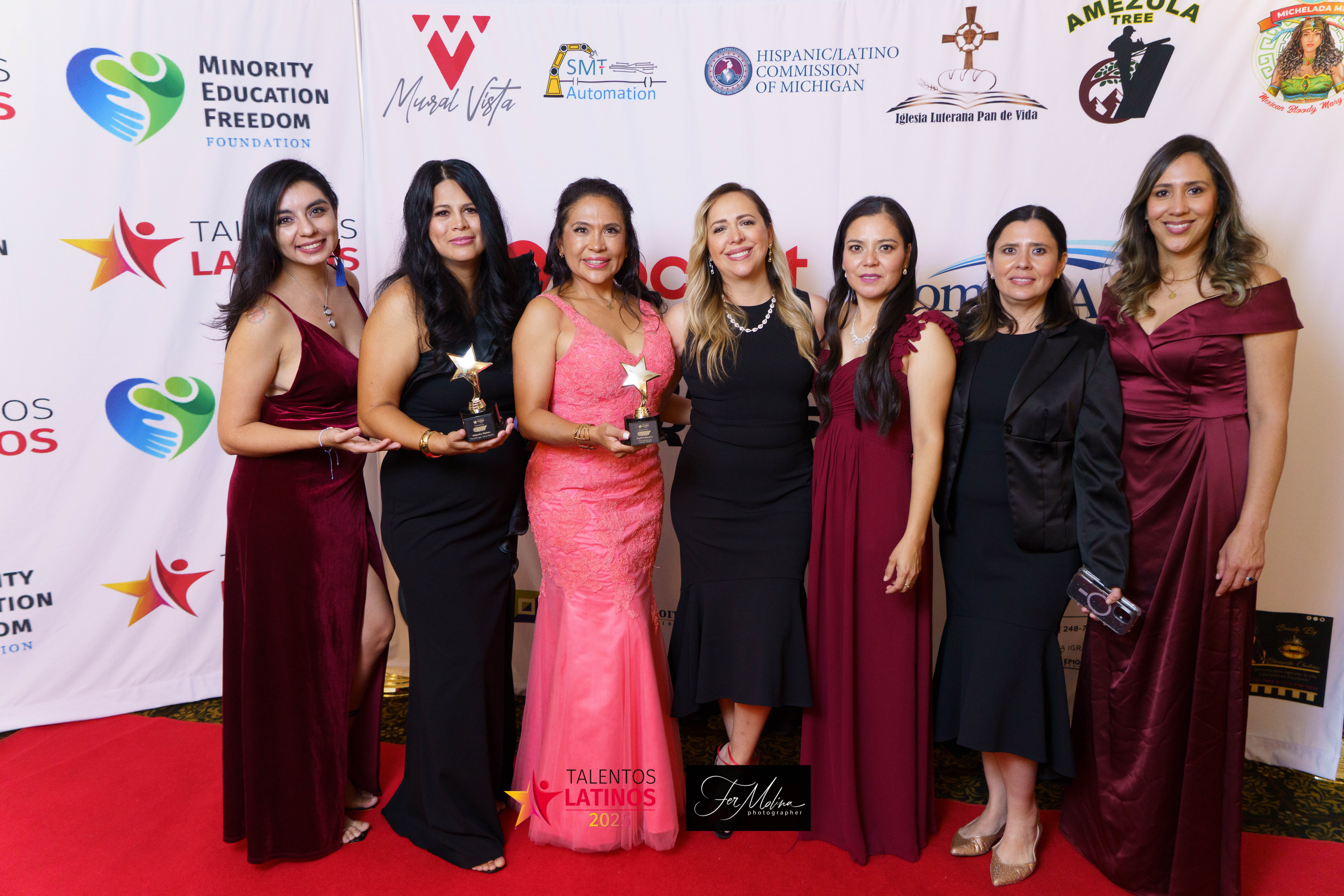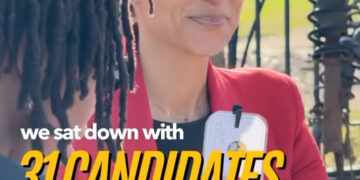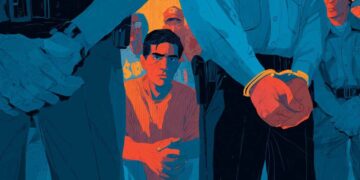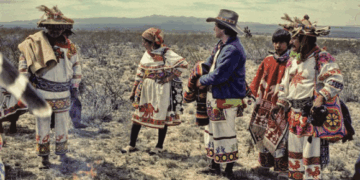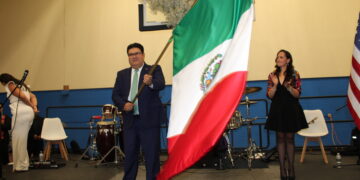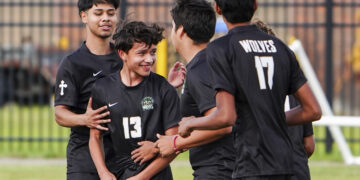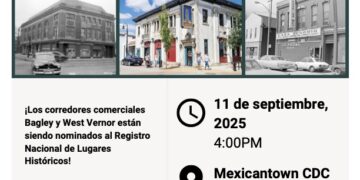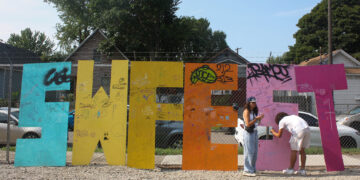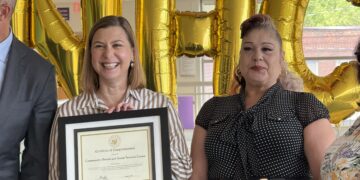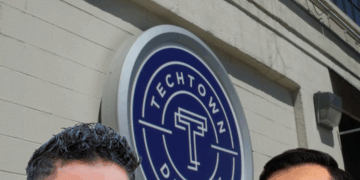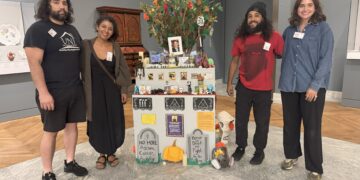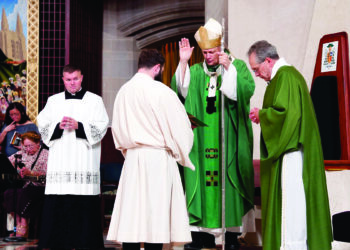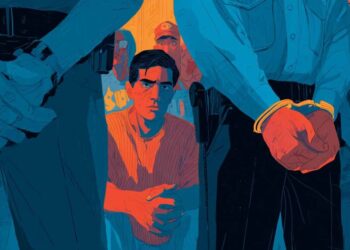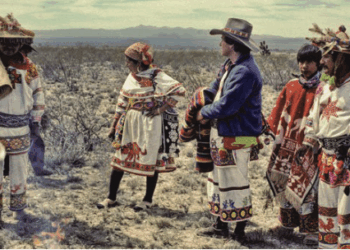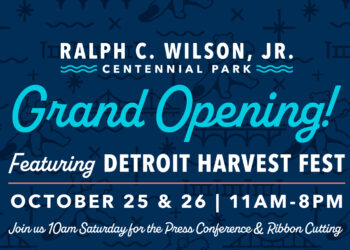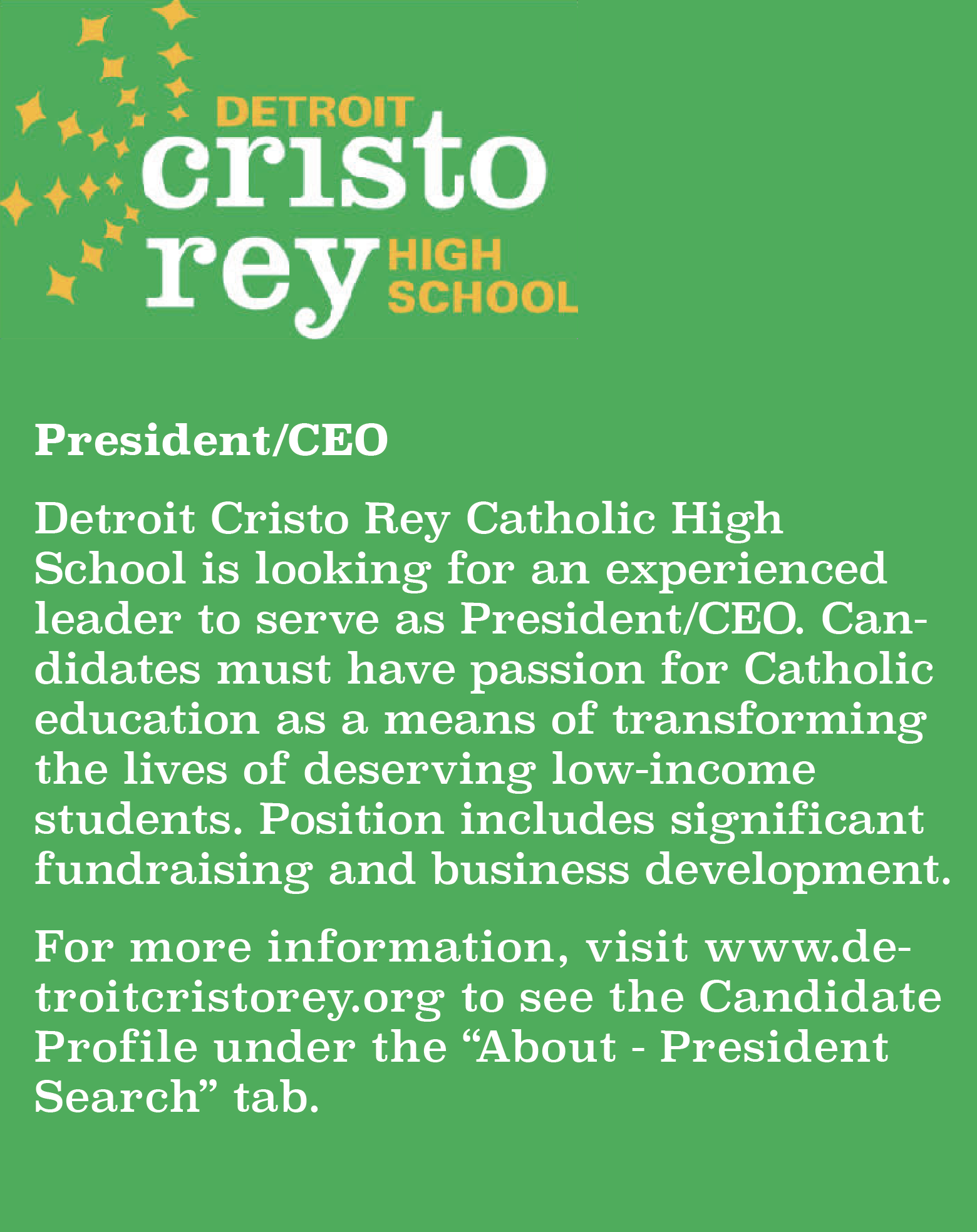In recent years, we’ve heard a lot about division in our country, but, deep down, Americans share the same vision of democracy: one that is fair, open, and free from political games. After the last presidential election, some politicians are, once again, spreading lies about alleged mass votes cast by immigrants who are not eligible to vote.
House Joint Resolution B (HJR B), introduced in the Michigan legislature, seeks to amend the state constitution to require people to provide proof of U.S. citizenship when registering to vote. But this rule is not necessary and will only make it harder for people with the right to vote to register. Unfortunately, Spanish-speaking communities—such as immigrants, naturalized citizens, and undocumented people—are being unfairly blamed, in order to divide the population and generate distrust in our elections.
When they focus on immigrants and voting, and these lies are spread, a lot of negative things happen at the same time: it’s a racist attack that fuels violence against immigrants, discourages voters from participating, and is used as an excuse to impose tougher laws that make it harder for those who have the right to vote. Moreover, it is a deliberate strategy to exclude our communities and eliminate our political power.
For immigrants, these lies can be especially dangerous. They generate fear and make people hesitant to participate in their communities, even in legal ways, such as helping others understand their voting rights. If we don’t respond to these lies, they will continue to spread and cause even more harm. Now more than ever, the Hispanic community needs to be informed and prepared to stand up for the truth.
The facts are clear: elections in the United States already have strong safeguards measures in place to make sure that only citizens vote. In Michigan, election administrators verify voter eligibility using driver’s license numbers or Social Security information. The law states that only citizens can vote, and there is insufficient evidence that ineligible people have voted on a large scale. Even so, proposals such as HJR B want to impose new obstacles, such as requiring passports, original birth certificates or documents that many people do not easily have at hand. In fact, data from the state of Michigan shows that 57% of residents don’t have a passport, and a 2023 YouGov poll found that 55% of Republican voters don’t have one either. Laws that supposedly protect elections actually hurt the very voters these politicians claim to represent.
This is not about protecting elections, but about generating fear: fear that drives voters away from registration, fear that drives legal immigrants and naturalized citizens away from civic life, and fear that divides our communities. These proposals are based on false information, and the longer we let these lies go unanswered, the more they will affect Latino turnout in elections and everyone’s trust in the system.
Latino voters strongly believe in fair elections, but misinformation is used to maintain low turnout, especially in our communities. Those who spread these lies want Latinos to doubt their place in the democratic process. By sowing distrust of our communities, they create confusion and cause rightful voters to question whether their voices really matter.
More and more Latinos are citizens and have the same right to vote as anyone else. Our voices matter and make a difference. We can’t let the lies stop us. Even those who can’t vote have a key role to play in curbing this misinformation: talking to family and friends, verifying information before sharing it online, speaking out against laws like HJR B, and denouncing lies.
Participating in our communities—attending meetings, sharing verified information, and helping others know their rights—is one way to protect democracy. We have the power to respond to these attacks. By informing ourselves, debunking falsehoods, and helping our communities learn the truth, we prevent fear from silencing us. Voting is just one way to make change. Lies advance when no one answers, but the truth wins when we are united. Let’s choose the facts and not fear; justice, and not lies; people, above politics. Our communities – and our future – depend on it.
Daniel Rivera is the Senior Manager of Democracy Advocacy for All Voting Is Local Action Michigan, a nonpartisan, multi- state organization that fights state and local voting policies that silence voters of color and other historically marginalized communities and advocates for pro-voter policies that expand access to the ballot box. not only in election years, but every year.
Protegiendo Nuestro Voto: Hechos Ante el Miedo
En los últimos años, hemos oído mucho sobre la división en nuestro país, pero, en el fondo, los estadounidenses comparten la misma visión de la democracia: una que sea justa, abierta y libre de juegos políticos. Después de las últimas elecciones presidenciales, algunos políticos están, una vez más, difundiendo mentiras sobre supuestos votos masivos emitidos por inmigrantes que no son elegibles para votar.
La Resolución Conjunta B de la Cámara de Representantes (House Joint Resolution B, HJR B), presentada en la legislatura de Michigan, busca modificar la constitución del estado para exigir que las personas presenten una prueba de ciudadanía estadounidense al registrarse para votar. Pero esta regla no es necesaria y sólo dificultará que personas con el derecho a votar puedan registrarse. Lamentablemente, las comunidades hispanohablantes —como los inmigrantes, los ciudadanos naturalizados y las personas indocumentadas— están siendo culpadas injustamente, con el fin de dividir a la población y generar desconfianza en nuestras elecciones.
Cuando se enfocan en los inmigrantes y el voto, y se difunden estas mentiras, ocurren muchas cosas negativas al mismo tiempo: es un ataque racista que alimenta la violencia contra los inmigrantes, desanima a los votantes a participar y se usa como excusa para imponer leyes más duras que ponen más trabas al voto de quienes tienen el derecho a hacerlo. Además, es una estrategia deliberada para excluir a nuestras comunidades y eliminar nuestro poder político.
Para los inmigrantes, estas mentiras pueden ser especialmente peligrosas. Generan miedo y hacen que la gente dude en participar en sus comunidades, incluso de formas legales, como ayudar a otros a comprender sus derechos al voto. Si no respondemos a estas mentiras, se seguirán difundiendo y causarán aún más daño. Ahora más que nunca, la comunidad hispana necesita estar informada y preparada para defenderse con la verdad.
Los hechos son claros: las elecciones en Estados Unidos ya cuentan con fuertes medidas de seguridad para asegurarse de que solo voten ciudadanos. En Michigan, los administradores electorales verifican la elegibilidad de los votantes mediante los números de licencia de conducir o la información del Seguro Social. La ley establece que sólo los ciudadanos pueden votar, y no hay pruebas suficientes de que personas no elegibles hayan votado en gran escala. Aun así, propuestas como la HJR B quieren imponer nuevos obstáculos, como exigir pasaportes, actas de nacimiento originales o documentos que muchas personas no tienen fácilmente a la mano. De hecho, datos del estado de Michigan muestran que el 57 % de los residentes no tienen pasaporte, y una encuesta de YouGov de 2023 encontró que el 55 % de los votantes republicanos tampoco lo tienen. Las leyes que supuestamente protegen las elecciones, en realidad, perjudican a los mismos votantes que estos políticos dicen representar.
Esto no se trata de proteger las elecciones, sino de generar miedo: miedo que aleja a los votantes del registro, miedo que aleja a inmigrantes legales y ciudadanos naturalizados de la vida cívica, y miedo que divide a nuestras comunidades. Estas propuestas se basan en información falsa, y cuanto más tiempo dejemos que estas mentiras queden sin respuesta, más afectarán la participación latina en las elecciones y la confianza de todos en el sistema.
Los votantes latinos creen firmemente en elecciones justas, pero la desinformación se usa para mantener una baja participación, especialmente en nuestras comunidades. Quienes difunden estas mentiras quieren que los latinos duden de su lugar en el proceso democrático. Al sembrar desconfianza hacia nuestras comunidades, crean confusión y hacen que votantes con pleno derecho se pregunten si sus voces realmente importan.
Cada vez hay más latinos que son ciudadanos y tienen el mismo derecho a votar que cualquier otra persona. Nuestras voces importan y marcan la diferencia. No podemos dejar que las mentiras nos detengan. Incluso quienes no pueden votar tienen un papel clave en frenar esta desinformación: hablar con familiares y amigos, verificar la información antes de compartirla en línea, alzar la voz contra leyes como la HJR B y denunciar las mentiras.
Participar en nuestras comunidades —asistir a reuniones, compartir información verificada y ayudar a otros a conocer sus derechos— es una forma de proteger la democracia. Tenemos el poder de responder a estos ataques. Si nos informamos, desmentimos falsedades y ayudamos a nuestras comunidades a conocer la verdad, evitamos que el miedo nos silencie. Votar es solo una forma de lograr cambios. Las mentiras avanzan cuando nadie responde, pero la verdad gana cuando estamos unidos. Elijamos los hechos y no el miedo; la justicia, y no las mentiras; a las personas, por encima de la política. Nuestras comunidades —y nuestro futuro— dependen de ello.
Daniel Rivera es el gerente sénior de Defensa de la Democracia de All Voting Is Local Action Michigan, una organización no partidista y multiestatal que lucha contra las políticas de votación estatales y locales que silencian a los votantes de color y otras comunidades históricamente marginadas y aboga por políticas a favor del votante que amplían el acceso a las urnas, no solo en años electorales, sino todos los años.

